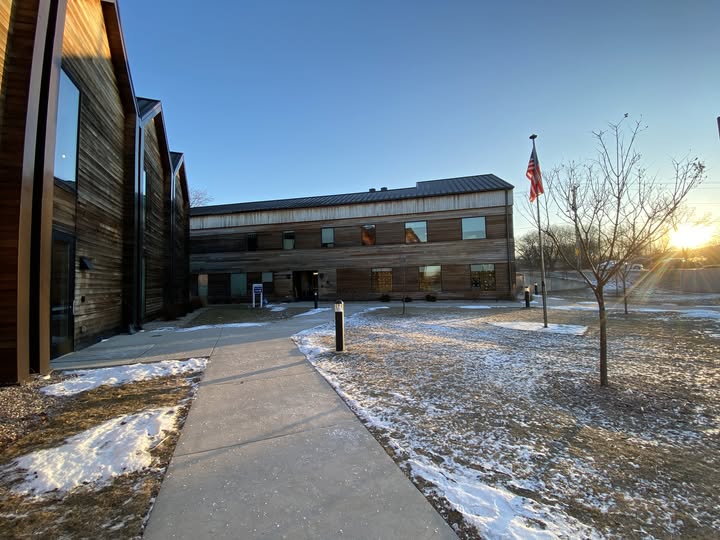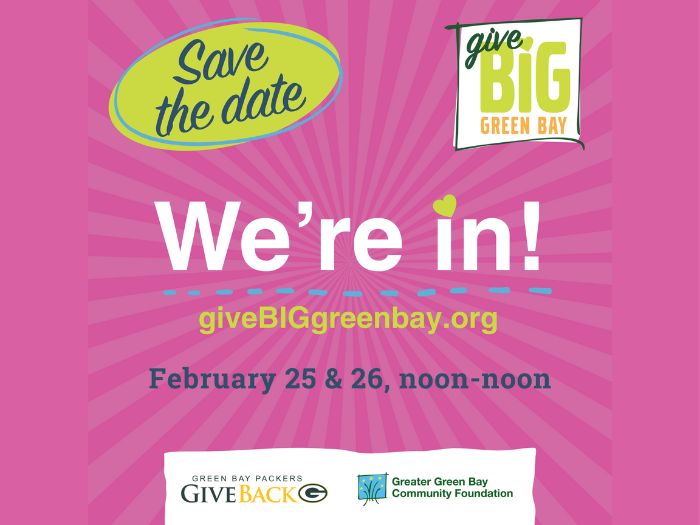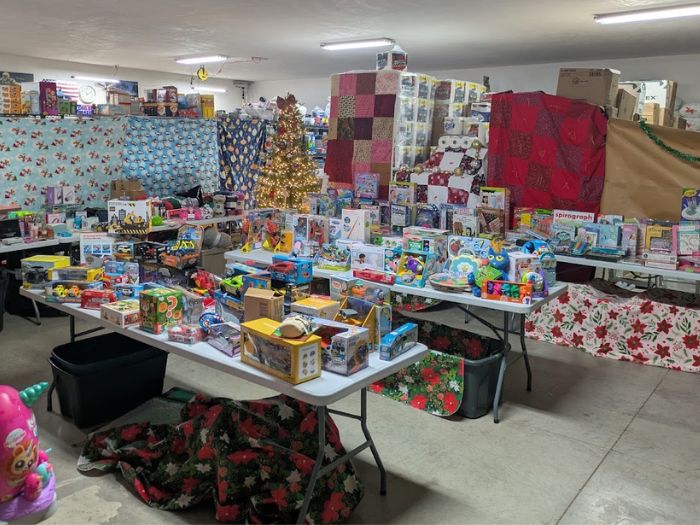
In This Article
Narrowing the focus was the key to discovering how to break the cycle of homelessness
When a six-year-old boy looked at Elisa Mandarim and said, “I wish you were my mom” in front of his own mother, everything became clear. Freedom House needed to change how it helped families break the cycle of homelessness.
“Families weren’t securing stable housing fast enough,” said Elisa Mandarim, Director of Success. “Now we focus on what works best to help families move from shelter to their own homes.”
The four areas of shelter programming are Housing Stability, Upward Mobility, Family Dynamics, and Mental Health. These pillars create a foundation to help families succeed.

Success Team focuses on housing, upward mobility, family dynamics and mental health.
Housing Stability
“Everything connects to housing,” Mandarim said. Freedom House has hired a Success Coach specializing in housing navigation. He will build landlord relationships to find more housing options. Families take Rent Smart classes to learn about renting laws and how to be good tenants. Freedom House also helps families maintain success months after leaving the shelter.
Upward Mobility
Increasing income and managing a budget is a key factor to success. Families attend Money Made Simple classes taught by staff and volunteers. They learn about government subsidies and the poverty guidelines. This teaches adults how to earn more money while balancing benefit eligibility. “Making smart money choices helps families succeed long-term,” Mandarim said. Adults also learn to write resumes, find jobs, improve credit, and manage money.
Family Dynamics
Kids become homeless because of adult problems, not by their own choices. Their parents often have trauma and don’t know how it hurts their children. Freedom House creates fun activities for families to bond and learn together. This makes families stronger and helps families support each other.
Freedom House offers different types of activities throughout the week. Every Wednesday is family night, with age-specific activities led by community partners. Staff and volunteers serve as role models, through playful and healthy interactions with children. Inside the house, community is built where families rely on each other for support.
Mental Health
Understanding trauma and how it affects one’s self and the entire family is often discussed. Freedom House partners with N.E.W. Community Clinic to provide counseling at the shelter. Success Coaches also connect families with other external resources. Staff are trained on trauma-informed care and how to assist families. This helps staff be better informed and uplift families.
“We help families feel stable so they can stop living in crisis mode. Then we can effectively coach so families can move forward,” Mandarim said. “Without stability, it’s hard to get families thinking about the future.”
This focused approach has a bigger purpose. Staying in shelters too long can hurt families. “We walk alongside each family to help them succeed and take care of themselves. We coach families so they don’t get deeper into homeless trauma,” Mandarim said.
Success isn’t just about finding families a place to live. It’s about breaking the cycle that keeps families trapped in homelessness for generations.


